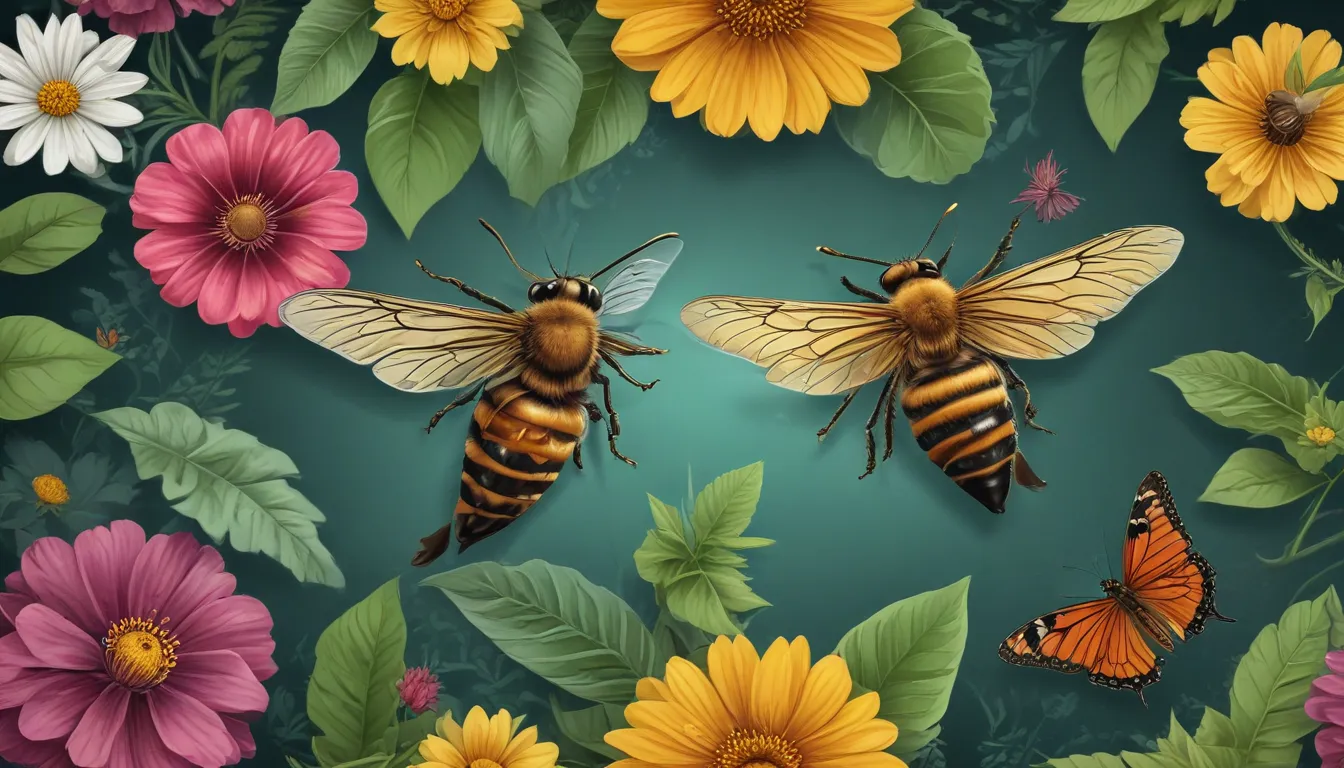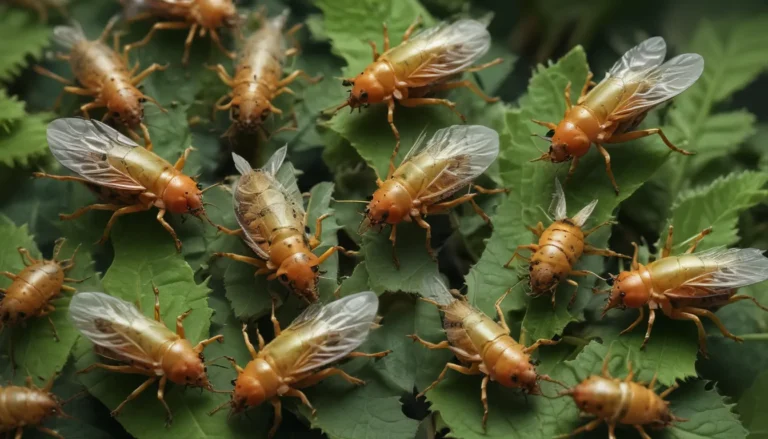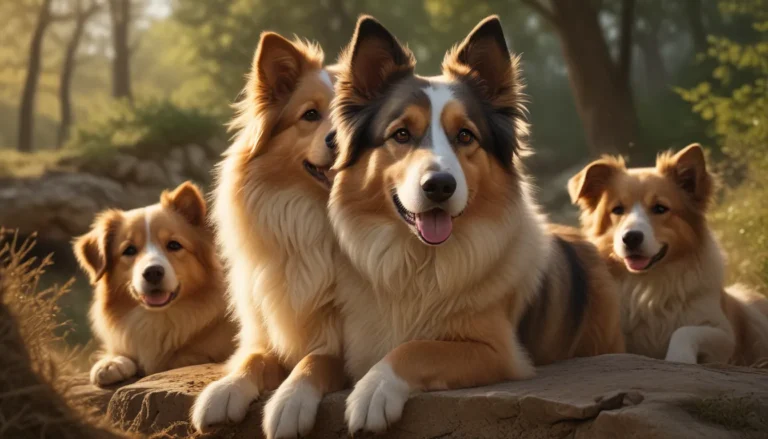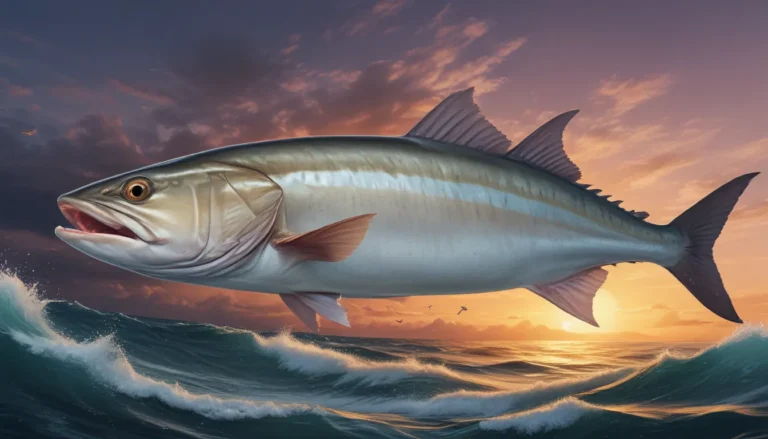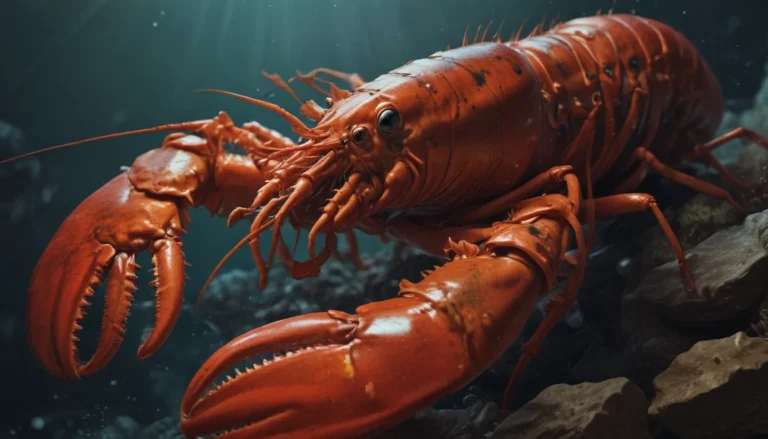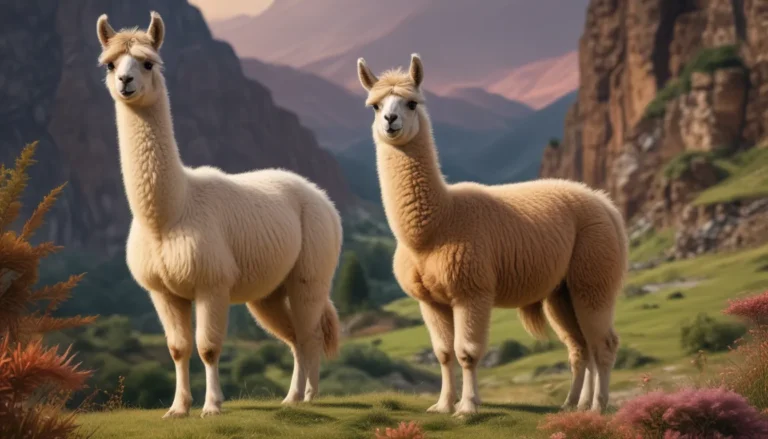The pictures we use in our articles might not show exactly what the words say. We choose these pictures to make you interested in reading more. The pictures work together with the words but don’t take their place. The words still tell you the important facts.
Are you ready to embark on a journey into the enchanting world of pollinators? These tiny creatures play a critical role in our ecosystem by enabling plant reproduction and ensuring the survival of countless species. From buzzing bees to fluttering butterflies, pollinators come in various shapes and sizes, each with its unique characteristics and behaviors. Join us as we uncover 10 fun facts about these unsung heroes of nature that will amaze and delight you.
The Importance of Pollinators in Our Ecosystem
Pollinators such as bees, butterflies, birds, and bats are essential for plant reproduction. They transfer pollen from the male parts of flowers to the female parts, enabling plants to produce fruits and seeds. Without pollinators, many plant species would struggle to reproduce and thrive, impacting not only the plants themselves but also the animals that depend on them for food and shelter.
A Diverse World of Pollinators
Did you know that there are over 200,000 species of pollinators worldwide? From bees and butterflies to beetles and birds, the diversity of pollinators is truly remarkable. These creatures come in all shapes, sizes, and colors, each playing a unique role in the pollination process. By supporting such a vast array of pollinators, we can ensure the health and biodiversity of our ecosystems.
Supporting Biodiversity Through Pollination
Pollination is not just about helping plants reproduce; it also plays a crucial role in supporting biodiversity. By facilitating the pollination of different plant species, pollinators help maintain diverse ecosystems with a wide range of flora and fauna. Without pollinators, many plant species would struggle to survive, leading to a ripple effect that impacts the entire ecosystem.
The Role of Pollinators in Food Production
Many of the foods we enjoy, from fruits and vegetables to nuts and spices, rely on pollinators for fertilization. Without the help of these hardworking creatures, our food supply would be greatly diminished. By supporting pollinators, we can ensure the continued production of essential crops that nourish and sustain us.
Honeybees: Nature’s Super Pollinators
Among the most well-known pollinators are honeybees, famed for their delicious honey and vital role in pollination. These industrious insects collect nectar and pollen from flowers, transferring them as they move from one bloom to the next. Honeybees are highly efficient pollinators, making them indispensable to many plant species.
Specialized Relationships Between Plants and Pollinators
Some plants have evolved to form specialized relationships with certain pollinators. For example, orchids have intricate shapes and colors that attract specific bees or insects for pollination. These specialized adaptations help ensure successful pollination and reproduction for both the plants and their pollinator partners.
Navigation Skills of Pollinators
Pollinators have remarkable navigational abilities, allowing them to find their way back to their hives or nests with precision. They use cues such as the sun, landmarks, and even the Earth's magnetic field to guide them on their pollination journeys. These skills are essential for their survival and the success of the pollination process.
The Decline of Pollinators
Despite their importance, many pollinator species are facing threats such as habitat loss, pesticide use, climate change, and diseases. The decline in pollinator populations poses a significant risk to plant reproduction and biodiversity. Conservation efforts are crucial to protect these vital creatures and ensure the health of our ecosystems.
Beyond Insects: The Diverse World of Pollinators
While insects like bees and butterflies are commonly associated with pollination, other creatures such as hummingbirds, bats, and certain mammals also play a significant role in pollinating plants. These diverse pollinators contribute to the richness and complexity of our ecosystems, highlighting the interconnectedness of all living beings.
Supporting Pollinators: How You Can Make a Difference
As individuals, we can play a vital role in supporting and conserving pollinator populations. By planting pollinator-friendly gardens, providing water sources, and reducing pesticide use, we can create safe and welcoming environments for these essential creatures. Together, we can make a difference in protecting pollinators and preserving the beauty and diversity of our natural world.
In Conclusion
Pollinators are not just tiny creatures; they are key players in maintaining the health and vitality of our ecosystems. By understanding and appreciating the crucial role they play in plant reproduction and biodiversity, we can take steps to protect and conserve these invaluable species. From honeybees to hummingbirds, pollinators captivate us with their fascinating behaviors and adaptations, reminding us of the incredible wonders of the natural world.
FAQs About Pollinators
-
Why are pollinators important?
Pollinators are crucial for plant reproduction and the production of many of the foods we consume. They facilitate the transfer of pollen from male to female plant reproductive organs, allowing plants to produce seeds and fruits. -
Which animals are considered pollinators?
Various species serve as pollinators, including bees, butterflies, moths, beetles, birds, bats, and even some small mammals like mice and lemurs. -
How do pollinators collect nectar?
Pollinators have specialized body parts, such as proboscis in butterflies and long tongues in bees, that allow them to access nectar hidden within flowers. They use these adaptations to extract the sweet liquid. -
Why is habitat loss a threat to pollinators?
Habitat loss reduces the availability of flowering plants and nesting sites for pollinators, threatening their populations and reducing their ability to fulfill their essential pollination role. -
How can we help protect pollinators?
We can help protect pollinators by creating pollinator-friendly gardens, avoiding the use of pesticides, providing sources of water, and supporting conservation efforts and organizations working to protect pollinator habitats.
The world of pollinators is as vast and diverse as the plants they support. By learning more about these incredible creatures and the vital role they play in our ecosystems, we can foster a deeper appreciation for their significance and take action to ensure their continued well-being. Join us in celebrating the wonders of pollinators and the magic they bring to our world.
